Supporting a friend with cancer can be hard because you simply don't know what to do.
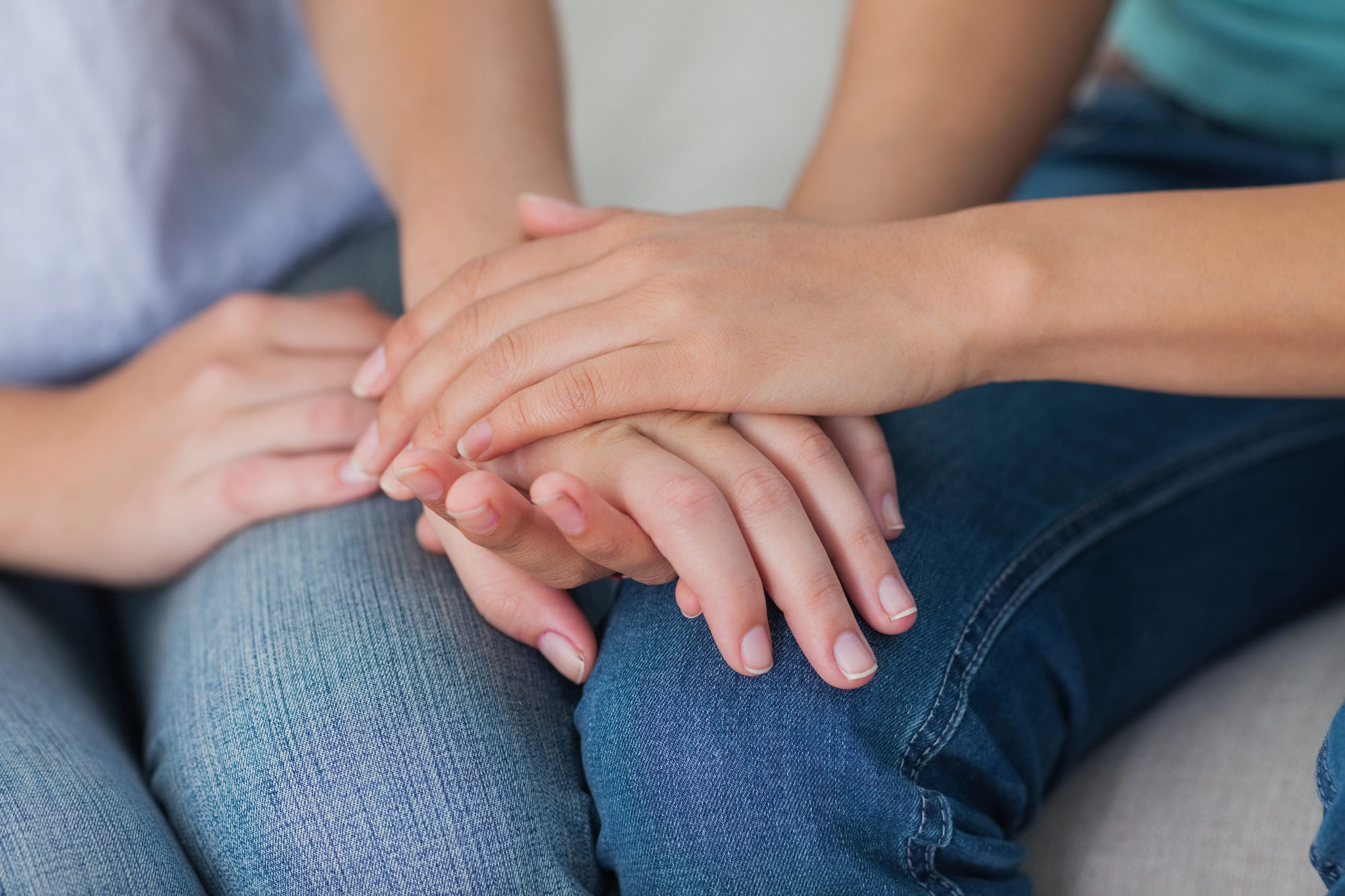
My husband was diagnosed with papillary thyroid cancer in 2020. Right before the world shut down due to covid 19, he was told that the swollen lymph nodes he felt in his neck were cancerous and would require surgery.
Fast forward five years, he has been through a lot. Surgeries, biopsies, medications, scans, procedures, surgeries to repair what the cancer and treatments did to his vocal cord and nose, more medicines to help with the side effects from the treatments....but he has trudged through it all and is continuing to work and toil on in this journey that is relentless and never-ending.
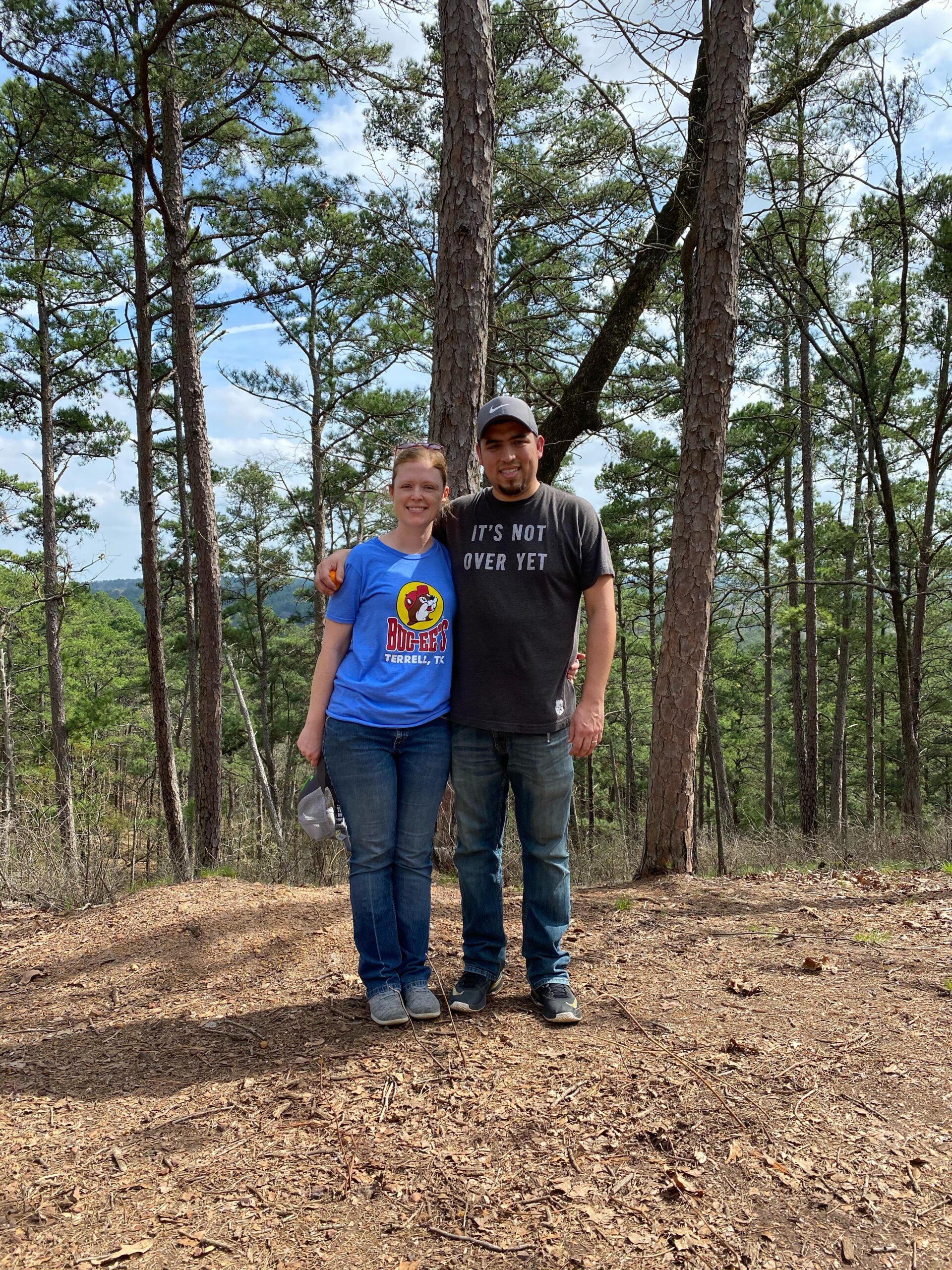
In the beginning and throughout his cancer journey, people have been very loving and supportive. We are thankful for the friends and family who have taken care of us. We would not change a thing about how we were loved and supported these past five years.
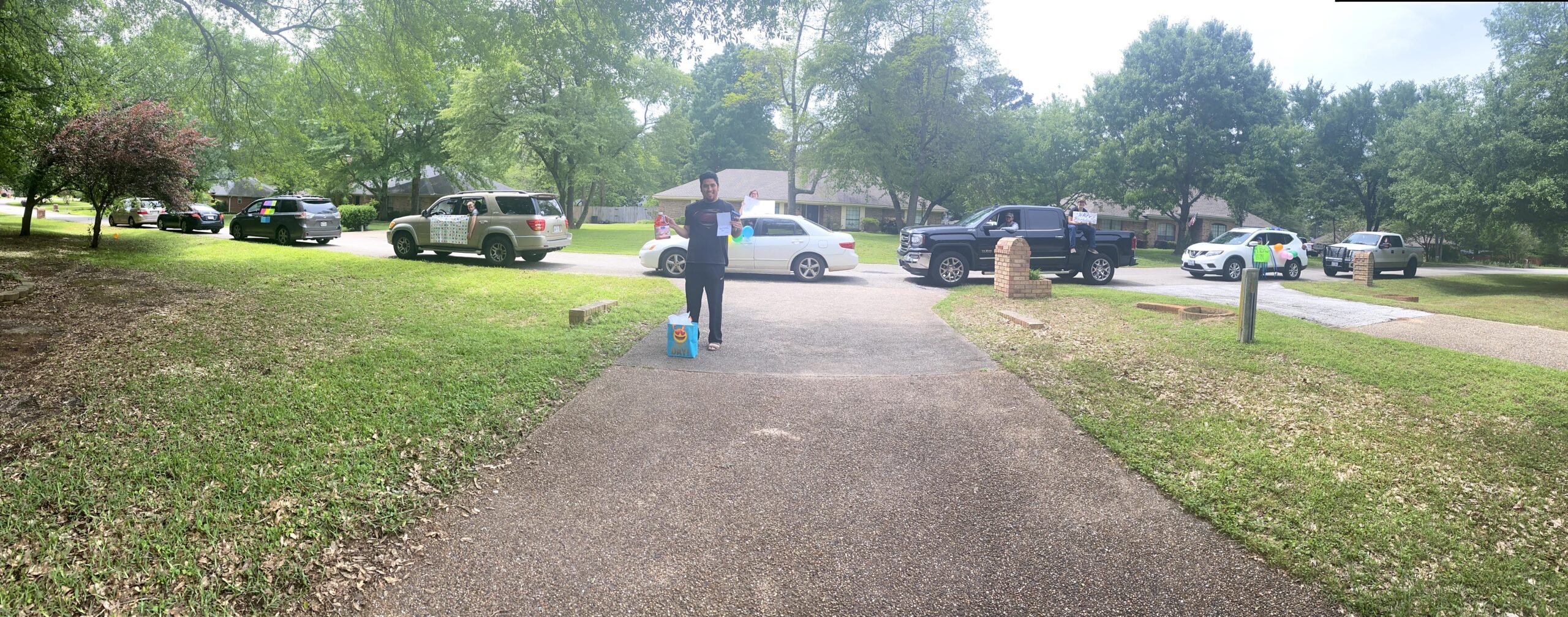
I know that when I am told that someone has cancer, I want to do EVERYTHING for them and yet, most of the time, I feel as though I have nothing to offer, so I just offer thoughts and prayers. And please hear me when I say, your thoughts and prayers ARE enough. There is not one single thing that anyone on this earth can do to take away someone's cancer or illness or pain, but just knowing that people care makes all of the difference in the world.
With that very important thing said, I want to help those of you who are feeling helpless, knowing you want to help your friend or loved one who has just gotten a cancer diagnosis, but don't know where to even begin. Everyone is different, so the bottom line is that you just have to ask if something you think will be helpful will. If you know the person well, you perhaps can just do it and know that it will be well received and needed. If you don't, I urge you to ask first.
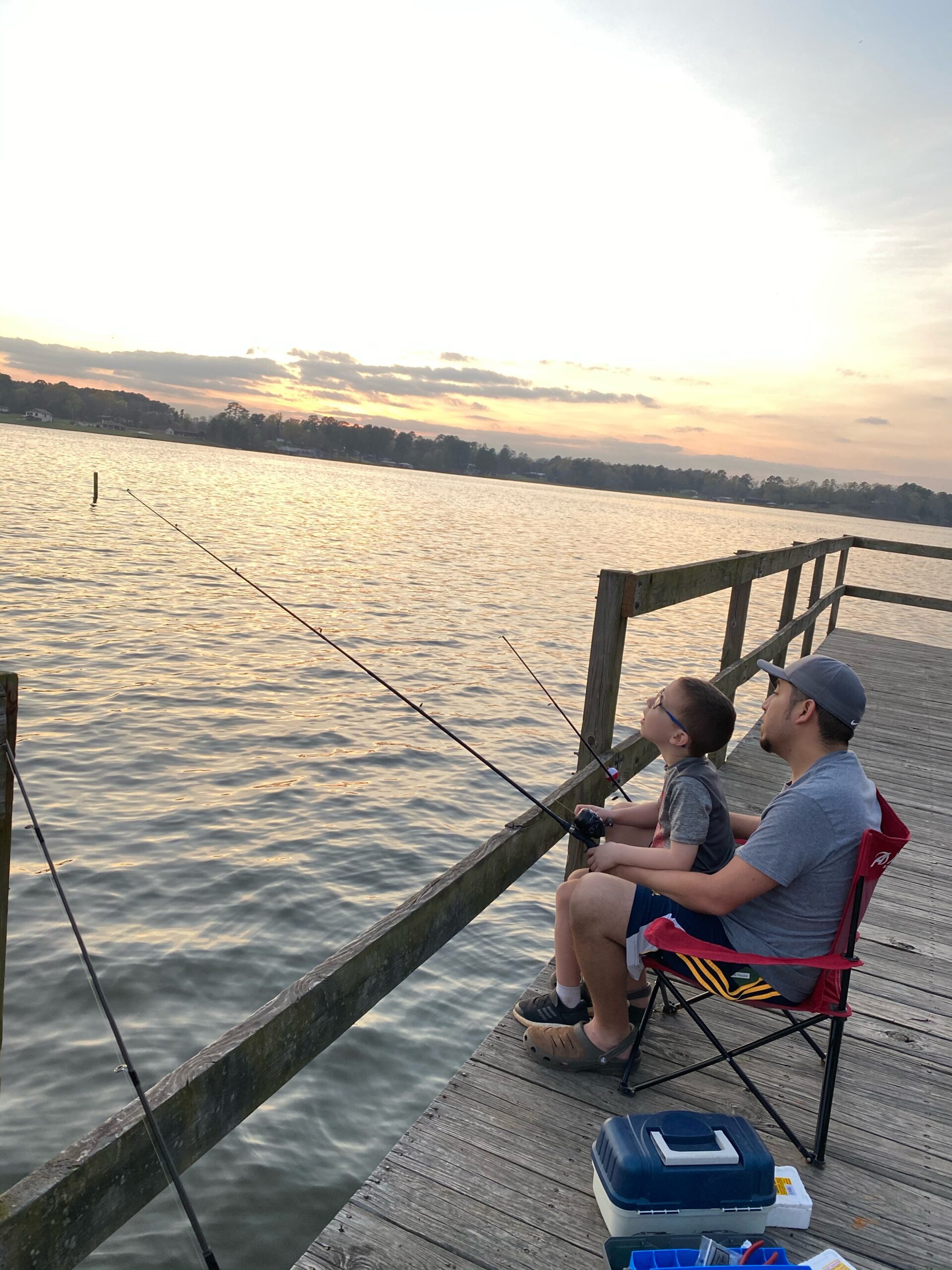
I have been mulling over this post for a long time now. Like I said, we wouldn't change anything about what was done and the people in our lives truly showed up for us, even during covid, even when we felt we were "fine" and didn't want people to fuss over us. They did, and we felt the love.
Here are a few things that I, personally, would suggest that you NOT do when finding out someone's cancer diagnosis. I'd LOVE to discuss with you your thoughts, so shoot me an email or leave me a comment if you agree or disagree with something in this post.
I have been guilty of doing some of these things, but being on the other side, I can see that sometimes what we think is helpful isn't actually what the person or family needs.
1. Don’t minimize their feelings.
Avoid saying things like, "Everything happens for a reason," or "It could be worse." The person is likely in shock and processing their own feelings, so to minimize the emotions they are feeling is not fair to them. It is okay for them to be scared, angry, and overwhelmed.
What you can do instead: Show your love and support the way that you think best. Tell them you are available to talk when they want to, and tell them that you are there for them and will be praying for them. (unless you know they are not religious, but you know your friend best.)
2. Don’t offer unsolicited medical advice.
Refrain from suggesting miracle cures, alternative treatments, or horror stories about other people’s experiences or things you have read about on facebook. There are so many facets to even one type of cancer that there is absolutely no way that there is a "one size fits all" cure.
If you do have the same diagnosis and are further along in your cancer journey, you might have lots of wisdom to share, if the person wants to hear about it.
What you can do instead: Unless they ask, let doctors and professionals handle the medical side and let the patient make their own decisions.
3. Don't give them books to read.
When my husband was first diagnosed, he received at least 5 different books from 5 different well meaning people. They all had a different approach at how to cure cancer. The kicker is, my husband doesn't like to read big books and never has. He prefers audiobooks. Those books just sat there and he may have even felt guilty for not reading them.
What you can do instead: If you really feel strongly about a book you have read, you can either: a) send them a message with the book title and leave it at that, b) send them an amazon or audible gift card, or c) wait for them to ask you if you have any book recommendations. I can almost guarantee most people who have just received a cancer diagnosis don't want a stack of books about the disease that has upended their lives.
If you want to bless someone with cancer, consider one of these helpful boxes, specially curated by a cancer survivor.
4. Don’t disappear or ghost them
Some people pull away because they don’t know what to say, but silence can feel like abandonment.
What you can do instead: Even if you don’t have the perfect words, a simple "I'm here for you" goes a long way.
5. Don’t make it about you
Avoid saying things like, "I know exactly how you feel," (unless you've had cancer yourself).
This is their journey—support them without shifting focus to your own fears or past experiences.
What you can do instead: Let them lead the conversation and show that you support and love them.
6. Don’t assume they need the same kind of support as others
Some people want to talk, while others need distraction. Some want visitors, while others need space.
What you can do instead: Instead of guessing, ask: "what kind of support, if any, do you want from me right now?"
7. Don’t force positivity
Saying things like "Just stay positive!" can feel dismissive.
What you can do instead: While encouragement is good, allow them to express fear, sadness, or frustration without pressure to "stay strong" all the time.
Offer support with care and patience, rather than overwhelming optimism. Give the person time to process their feelings and come to terms with their illness in their own way. Sometimes, pushing too much positivity can feel dismissive of their struggles, making them feel unseen or misunderstood. Instead, simply be there for them, acknowledging their journey with more empathy and less positiveness.
Jorge, Travel Drafts
8. Don’t compare their cancer to someone else’s
Avoid comments like "My aunt had the same thing, and she was fine!" or "At least it's not as bad as..."
Every cancer diagnosis and treatment journey is different, and comparisons can feel invalidating.
What you can do instead: Avoid talking about other people's cancer unless they specifically ask you about them.
9. Don’t overwhelm them with questions
Constantly asking for updates or medical details can be exhausting.
What you can do instead: Let them share information at their own pace instead of pressing for details. Sometimes families have a designated person or website for updates. If that is something you are willing to take on, volunteer to be the go to person to update everyone.
Read my husband's cancer journey.
10. Don’t treat them like they’re fragile or helpless
They are still the same person, not just their illness.
What you can do instead: Be supportive, but don’t assume they can’t handle normal conversations, jokes, or activities.
11. Don’t offer help without following through
Saying "Let me know if you need anything" is nice, but it puts the burden on them to ask.
What you can do instead: Be specific: "Can I bring you dinner this week?" or "I’ll drive you to your appointment on Tuesday."
12. Don't overwhelm them with food.
The knee-jerk reaction for many sad situations is food. I get it, and food WAS super helpful during my husband's cancer journey. But I have taken food to people and have witnessed first hand that it wasn't helpful because their counter top was overflowing with food that they now had to manage.
What you can do instead: If you are wanting to bless someone with a meal, consider starting a Meal Train so the patient and family can decide when they want food and are not overwhelmed. They can also specify allergies and preferences and people bringing food can see what others are bringing so it won't be repetitive.
You can also give restaurant gift cards. Especially for families with children, gift cards can be extremely helpful.
13. Know that cancer is usually a lifelong journey
Some people don't realize this, but even after a person is declared "cancer free," they likely still have to have scans every few months. Once you get clear scans for a few years, they start to space out, but that is a big financial burden for families, even with good insurance. My husband has had scans every 3-6 months since his diagnosis.
While it is great to celebrate that someone is "cancer free," know that it will never truly be over, as the cancer journey is a lifelong one.
14. If the friend has a family, please continue to treat them the same way.
This is a tricky one. We want to hug and sympathize with children who have a parent facing cancer treatments, but the kids just want normalcy. Their world has been shaken up, as well, and it shouldn't go from being able to act like a normal kid to suddenly 10 people at the store wanting to hug me.
What you can do instead: Remember to ask the parents first and foremost, but things that I found helpful relating to my kids when my husband was going through surgeries and treatments were: people treating my kids the same, offering to provide rides to and from school, practices, (probably only a good idea if you already have a good relationship with the kids,) going to watch them play their games, etc.
Also, restaurant gift cards or even Walmart or Target gift cards can be a blessing to a family with growing children and now faced with huge medical bills.
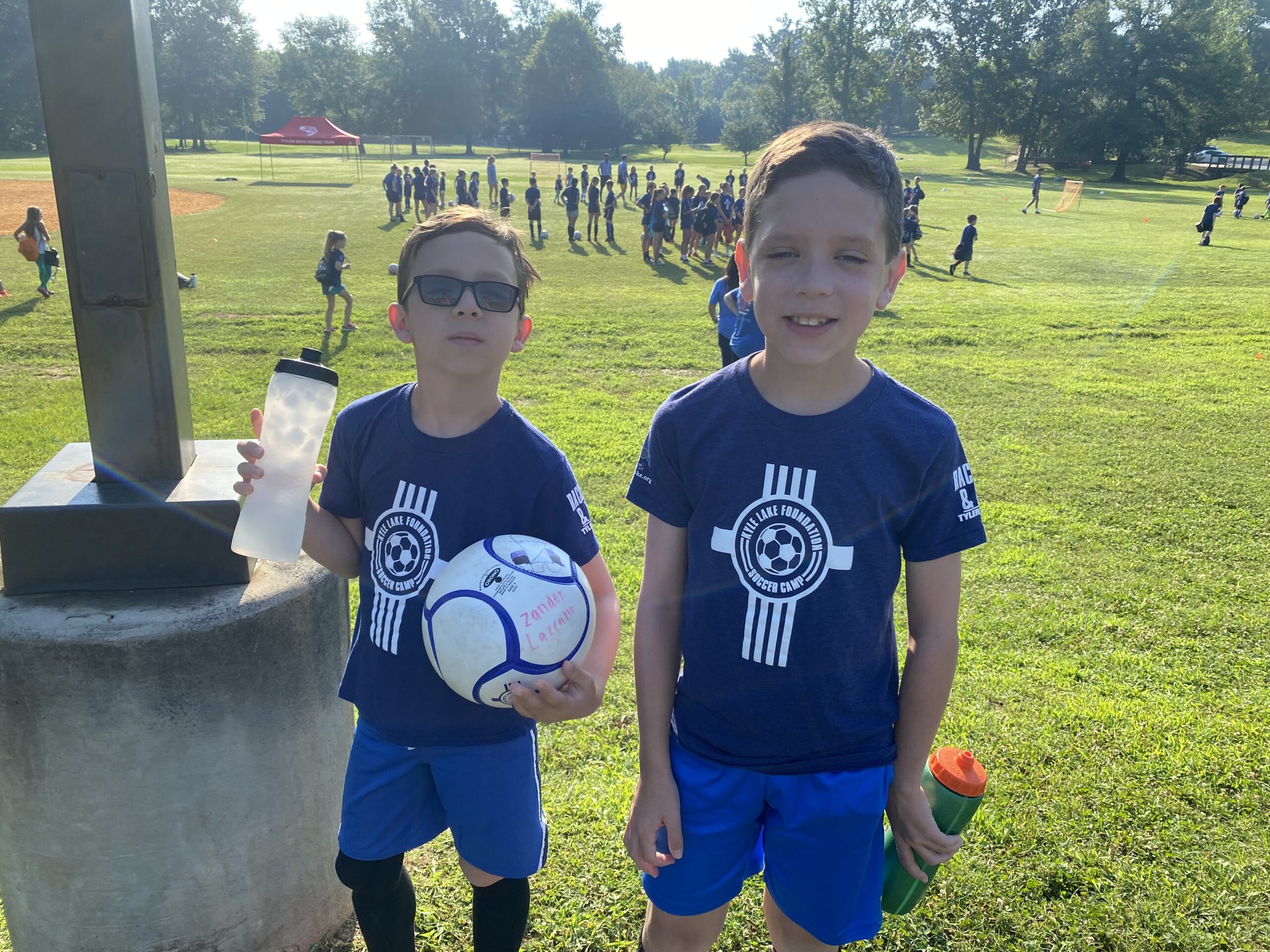
Don't avoid normality. In a time when everything seems so dark and so focused on cancer, it's normality that can lighten the day. Don't be afraid to laugh and to still have the same jokes you always had between you. When I was with my friend who had cancer, I cracked a joke about her and her face lit up, she laughed, and said 'that's what I need, someone to laugh with.'
Mandy from Ticket to Wanderland
Supporting a friend with cancer can make a huge difference in their journey. Here are 10 meaningful ways you can help:
1. Listen without trying to fix things
Sometimes, they just need someone to vent to. Instead of offering solutions, say: “I’m here for you. Do you want to talk about it?”
If you are a night owl, consider telling your friend that you are usually up at 2 am, so they can text if they are awake at that time and need to chat. This can be a huge blessing for someone with anxious thoughts in the middle of the night.
2. Check in regularly (but respect their space)
A simple text can mean so much, and bonus points if it isn't about their cancer diagnosis or treatment. You can ask how they are, but know that they likely have been asked that question multiple times already today. Funny memes, articles about your shared favorite sports team, etc, are all great ideas to check in without overwhelming.
Let them set the pace—some days they might want to chat, other days they might not.
3. Offer practical help
Instead of saying “Let me know if you need anything,” suggest specific things:
- Driving them to appointments
- Running errands
- Cooking a meal or meal prepping
When someone has a long term illness, don't ask what you can do. So often, the family is too overwhelmed and doesn't know or isn't comfortable asking. It just takes too much effort when they're that stressed. Instead, suggest things you can do that may help. Offer to pick a kid up after an activity. Offer to come to clean the house for two hours. Offer to bring spaghetti on Wednesday night. Offer to pick up groceries this week. The specifics both provide ideas for how you can help and also make it easier to accept the help. The open-ended offer for help is generally too broad to be effective.
Michelle, Honest and Truly
4. Be flexible with plans
Treatment side effects can be unpredictable, so be understanding if they cancel last minute.
Let them know: “No pressure—if you feel up for it, I’d love to hang out.”
6. Respect their privacy
Don’t share their diagnosis or treatment details with others unless they ask you to.
8. Support their caregivers and families, too
If they have a partner or family member helping them, check in with them as well.
Offer to give them a break by running errands or babysitting. There were and are multiple people who helped run our kids to and from school, to and from practice, or just took them out for ice cream. That is so precious to us as parents, and offered a bit of rest, as well.
10. Remind them they’re not alone
Let them know you’re in their corner, no matter what.
Even if you don’t know what to say, just being there is enough.
I didn't touch the money issue yet, but it is a big one. Sometimes people who don't have experience with cancer or chronic disease simply cannot fathom how much it can cost a person.
I mentioned that gift cards can be helpful, but sometimes we need to just be upfront and ask if the person needs financial help. If you are able to donate to them, writing a check and giving it to them, while straightforward and potentially awkward, most likely will be greatly appreciated. Someone gave us an anonymous check and that meant so much to us. It showed us that someone cared about us and wanted to help, and didn't need the recognition. So if that was you, thank you.
You can also help raise money for the patient by starting a Go Fund Me or sharing their Venmo account to get donations. Do keep in mind that a lot of scammers will try to impersonate the patient and get donations sent to them instead. If you are willing to take this on so the patient's family doesn't have to deal with it, then I am sure they would be appreciative.
I want to keep this discussion open and available for everyone to chime in. Like I said earlier, if you have comments, please leave me one below. If you want to chat about it, please email me at [email protected].
Thanks for reading and being a good human being who, I know, just wants to be helpful and show compassion to someone that you love!
For more info, check out The Just Diagnosed Guide: How to Support Someone Who's Sick by Jen Singer.
